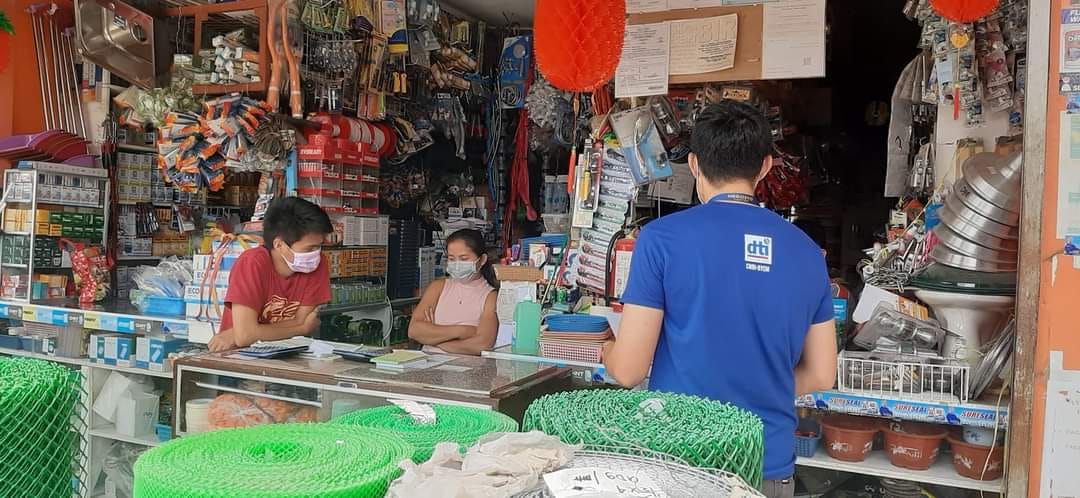TAGBILARAN CITY, Bohol, July 17 (PIA) -- Keeping an optimal buffer stock to be able to respond to relief operations in calamities and emergencies, the National Food Authority (NFA) in Bohol has 25,000 bags of locally procured rice in its bodega.
Tasked by law to distribute rice for local government relief operations in crisis situations, the NFA, however, believes they still need to get 15-30 days of buffer stocks to comply with their new mandate.
Speaking during the recent Kapihan sa PIA to share updates on the province’s preparations for the forecasted El Niño to hit anytime soon, NFA Bohol Branch Manager Pilita Barajan said they now keep 25,000 bags of rice in their bodegas.
Barajan admitted that this is not enough, as she explained that with 10,000 bags of rice as daily consumption rate in Bohol, their stocks could barely be enough for three days should all local government units withdraw the rice stocks at the same time.
For Barajan however, it is not just the NFA that keeps a buffer stock for Bohol.
Local traders also maintain buffer stocks for sale, even small consolidating stations in the barangays also keep local stocks, that the probability of Bohol consuming all the rice supply in 15 days is still far off.
"And if we are to distribute it, it would not be sufficient," shared Barajan during the radio forum.
But with the El Nino forecasted to usher in a long dry spell, it could severely hamper Bohol’s rice production potential.
If crops fail, farmers may not get enough harvest and it would be the time when the LGUs could be getting their rice allocations for disaster relief operations, NFA said.
The mandate of keeping an optimal buffer stock is an acquired mandate, after the Rice Tariffication Law (RTL) took effect, Barajan said.
Before the RTL regime, the NFA mandates include enforcement, regulation and stabilization.
With the RTL, the NFA is now focused on buffer stocking, wherein NFA has to maintain an optimal level of inventory that should be prepositioned across the country for distribution in times of calamities and emergencies, she said.
By optimal stocking, NFA means 15 to 30 days of rice supply, which it keeps in its bodegas spread over the country.
Other than supplying its regular clients from the buffer stock, the NFA said it is also replenishing at the same time.
Barajan said the NFA is supplying the rice requirement of the Bureau of Jail Management and Penology and the Department of Social Welfare and Development.
Beyond that, Barajan said they could not easily release the requests from LGUs.
"We have to send it to the regional office for clearance and approval," she said.
Before the RTL, the NFA, in its mandate of performs price stabilization, secures imported rice, which it floods the markets so that the commercial rice traders could not manipulate the price.
However, with the RTL, the NFA is mandated to restock its rice supplies from local procurement activities at the fixed government support price of P19.
Competing with the NFA, commercial traders buy rice at P22 per kilo.
With about P16 to P22 for rice processing, the end product ends up getting sold in the markets for P42 to P50 a kilo for every well-milled rice. (RAHC/PIA7 Bohol)





